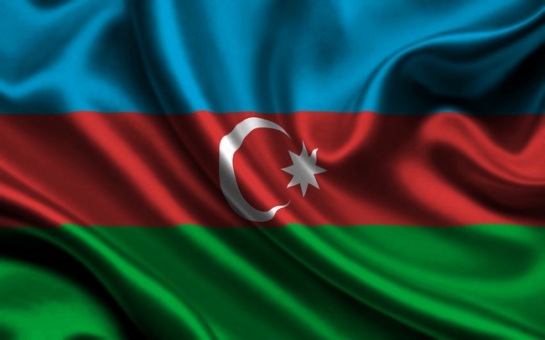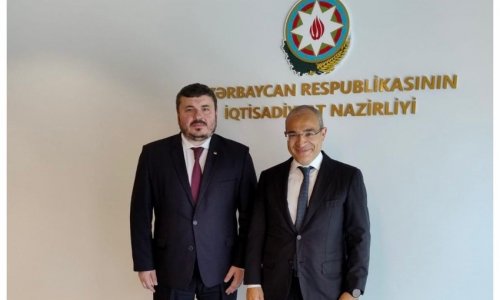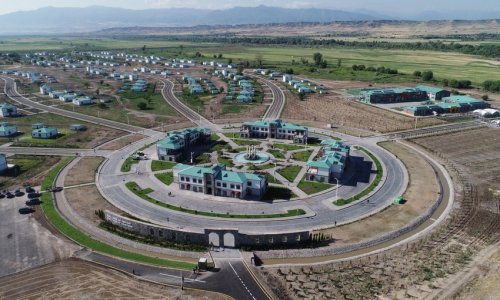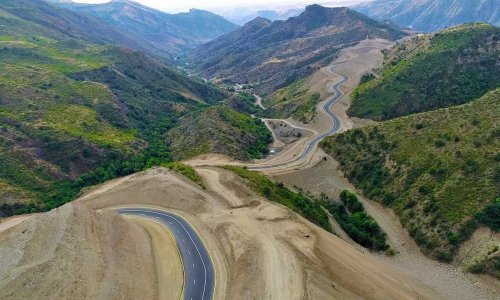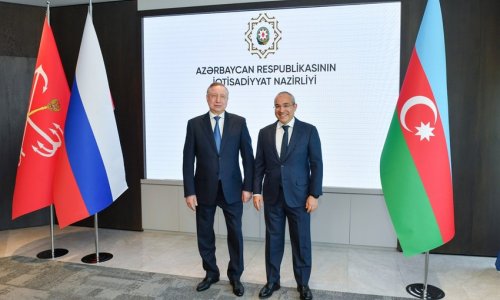(Economist Intelligence Unit) -- The authorities hope that staging major international sporting events will raise the country's international profile and provide a boost to the tourist industry. The state is investing heavily in preparations for the inaugural European Games and has also signed a deal to host a Formula One Grand Prix in 2015 or 2016.
Although the events will probably be a success, concerns remain over whether the government will be able to recuperate the money it has spent on construction of the sporting venues. Despite raising the country's international prestige, the major infrastructure investments will do little to raise productivity and are at risk of provoking a domestic backlash.
The capital, Baku, will host the inaugural European Games in June 2015. The government hopes that around 5,400 athletes from 49 countries will participate in the games. Azerbaijan has long sought to raise its international profile through the hosting of sporting events, and bid twice to host the Olympics, in 2016 and 2020, on both occasions unsuccessfully.
One of the areas that the country scored poorly on was its lack of sufficient sporting venues in which to host the games. Following the failure of its Olympic bid, the government won the right to host the inaugural European Games. The fact that Azerbaijan was the only country to bid for the honour, however, underlines the gulf in prestige compared with the Olympics.
The government hopes that the construction of the sporting facilities required for the European Games and the successful hosting of the event will support its planned bid to host the 2024 Olympics. The European Olympic Committee (EOC) has positively assessed the government's preparations for the games. The president of the EOC, Patrick Hickey, said that the country "will be able to run any event at the highest level" once it has hosted the games.
Major public investments
Azerbaijan is investing heavily to ensure that it has the necessary facilities to support the games. Construction is under way on the Baku Olympic Stadium, which will have a capacity of 68,000 people and is scheduled to be completed by late 2014. The cost of the stadium is estimated at US$640m, a figure that has more than doubled since the project was initially commissioned in 2010.
The government plans to spend 5% of the total 2014 budget-Manat20.06bn (US$25.6bn)-on hosting the European Games alone.
The government relies heavily on transfers from the State Oil Fund of the Azerbaijan Republic (SOFAZ) to support its spending plans-in 2013, transfers from the fund accounted for 58.2% of government revenue. SOFAZ was set up to ensure that revenue from the energy sector would be available to support long-term economic growth. The use of such substantial sums from the fund for hosting prestigious international events, such as the European Games and the Eurovision Song Contest, which Baku hosted in 2012, raises concerns that money from the energy boom will not be available for future generations.
The significant funding that the authorities have allocated for the hosting of major events could, arguably, be better spent on investing in infrastructure that would help to develop the regional economy and support long-term growth outside of the capital.
Boost to tourism
The government hopes that hosting high-profile international events will boost tourism inflows and revenue. In addition to the European Games, the government signed a deal with Formula 1 in March to host the Grand Prix in 2015 or 2016.
Typically, the majority of visitors to Azerbaijan are from Russia and other neighbouring states. By hosting international events Azerbaijan is able to attract first-time visitors to the country, and through the broadcast of the events has the opportunity to market the country to a huge audience. Azerbaijan clearly benefited in the short-term from hosting the Eurovision Song Contest in 2012-the number of tourists visiting the country jumped to 1.99m, a 27% increase on 2011, and revenue from tourism increased by 89% from the previous year. Under the "Concept of Development Plan-Azerbaijan 2020: Vision for the Future", the government aims to get annual tourist visits to 5m by the end of the decade.
Azerbaijan is investing in tourism infrastructure such as hotels and transport and is training guides, in a bid to bring the country's offering to tourists up to international standards.
Economic rationale unclear
Staging major sporting events may boost the country's prestige and provide a short-term boost to the construction and service industries. In contrast to investment in basic infrastructure, however, it will do little to raise productivity or the long-term output capacity of the economy. In addition, it is by no means certain that revenue from increased tourism will cover the net cost of hosting the events themselves.
The government hopes that the construction of new facilities will attract more high-profile events in the future, but there is no guarantee that this will occur. The cost to a country of hosting Formula 1 is notoriously expensive.
Singapore, which started hosting the Formula 1 Grand Prix race in 2008, obtains tourist revenue of US$114m-122m per race. However, the cost of hosting the event is US$122m, of which around US$70m is covered by the government. Turkey, which started hosting the Grand Prix in 2005, decided to terminate hosting the event in 2011. Despite the government offering some of the cheapest tickets in the Grand Prix circuit, the sport is not popular among the local population and attendance of the event fell sharply over the years the event was staged.
With the popularity of motor racing in Azerbaijan also being in its infancy, there are concerns that the government will not be able to sustain revenue over the longer term from hosting the event.
ANN.Az

